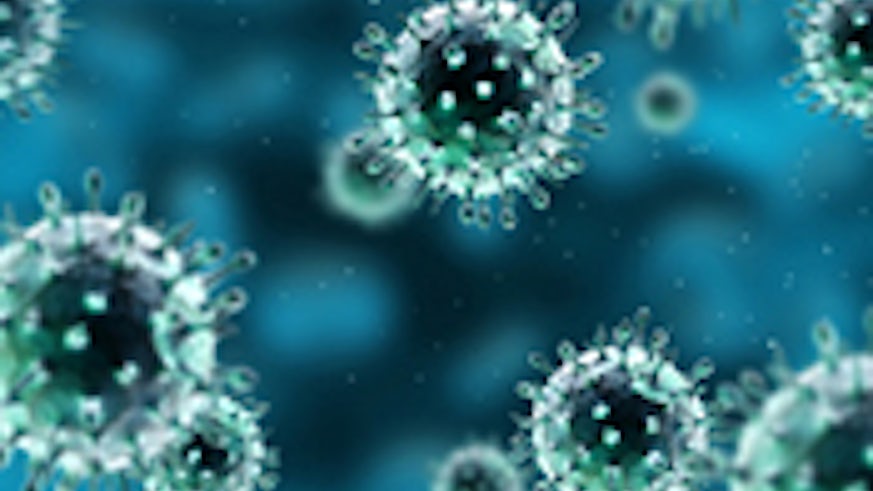New vaccine hope for leading viral cause of birth defects
9 April 2014

Experts in infection and immunity have made a path-finding discovery that could lead to the development of a vaccine for a health-ravaging virus that affects around 50% of adults in the UK.
Cytomegalovirus (CMV) is the leading viral cause of congenital birth defects, with 1 in 750 babies in the UK being born with permanent disabilities - these include blindness, deafness and brain damage - as a result of infection within the womb.
Scientists from Cardiff have uncovered a novel defence mechanism to control disease, using the most common form of white blood cell – neutrophils.
Although it has long been known that neutrophils are important in killing bacterial infections, it was largely thought that they were specifically designed for this cause; the fact that they can also fight a viral attack is a major breakthrough according to Dr Ian Humphreys from the University's School of Medicine:
"Our study shows that neutrophils protect our organs from CMV by producing a protein called TRAIL that can directly kill virus-infected cells. Our body attracts the neutrophils to where the virus is replicating by producing the protein IL-22, which acts as a homing signal.
"Disease may actually be prevented if we can teach the immune system to quickly send antiviral neutrophils to the first site of infection. We are now developing a vaccine that may protect the body against CMV. Our findings may also have implications for other destructive viruses such as flu, hepatitis and even HIV."
Dr Chris Benedict from the La Jolla Institute for Allergy and Immunology (San Diego, California) said:
"Neutrophils are the rapid-response arm of the immune system's war against infection. The discovery of a new molecular mechanism for neutrophil mobilization and execution in the fight against CMV is very exciting, and provides key insights for developing more effective vaccines and therapies to combat this little-known viral pathogen."
Currently there is no known treatment for CMV. Given that the virus spreads via bodily secretions such as urine, saliva and breast milk, scientists at Cardiff sought to understand how to protect mucosal sites from infection, and how to prevent the virus taking its grip in other important organs such as the liver.
The virus is also a major reason behind life-threatening diseases in bone marrow and organ transplant recipients and is known to have a major impact on the immune system of even the healthiest of adults.
The research was conducted as part of a collaboration between Cardiff University, The Wellcome Trust, Sanger Institute (Cambridge), the University of Oxford and La Jolla Institute for Allergy and Immunology in California.
The paper is published today in the journal Cell Host & Microbe.